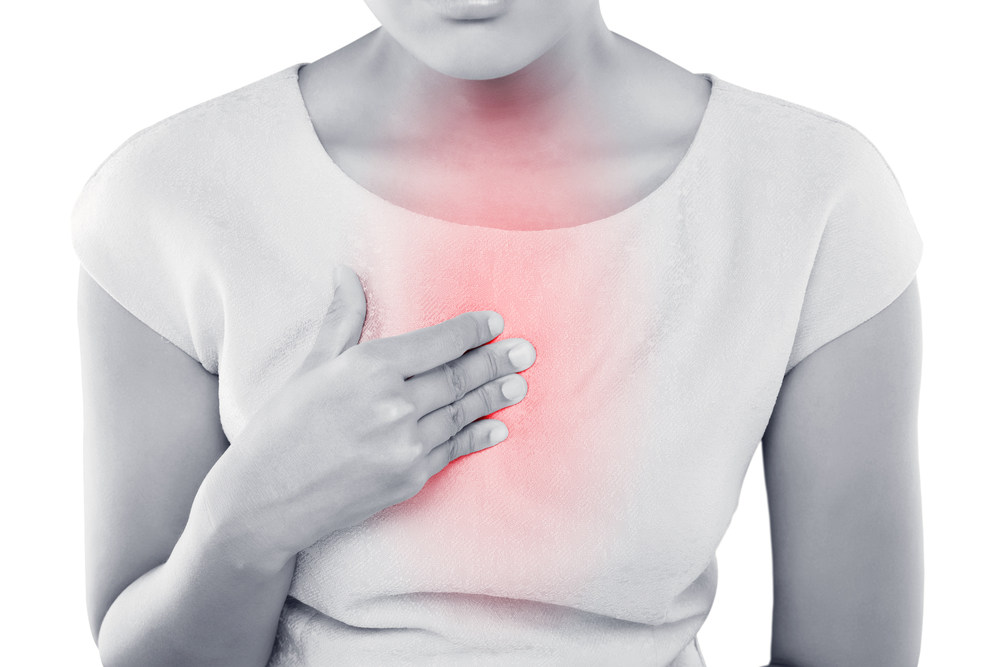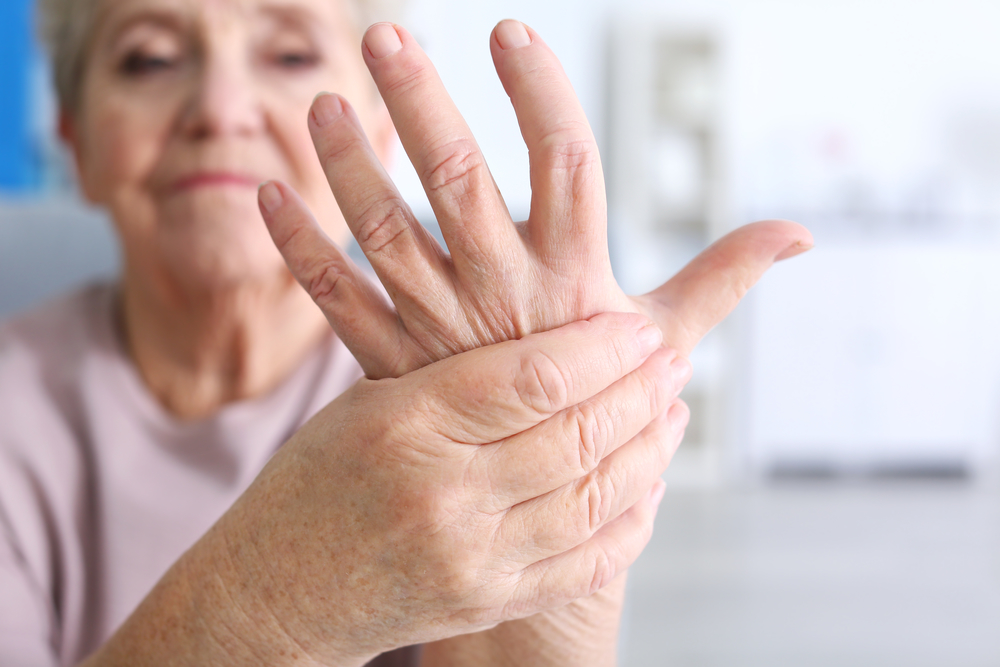Our Blog
Baldwin County Residents Use Natural Medicine For GERD Symptoms

Digestive disorders and gut inflammation are on the rise in our society today. With so many processed foods, environmental factors, and increased stress, it’s no wonder people have digestive issues. One of the biggest digestive diseases people deal with is GERD.
Chances are you’ve heard of this disorder. Here’s some helpful information about this disease and that how you can reduce symptoms of this disorder and support healing of your digestive tract naturally.
What Is GERD?
What exactly is GERD? Also known as gastroesophageal reflux disease, GERD is a digestive disorder that affects the area between your stomach and esophagus. Some people also refer to it as acid reflux. People who have this disorder experience intense and sometimes debilitating heartburn.
When you eat, the acid in your stomach works to break down the food and prepare it for the digestion process. Sometimes the stomach acid works its way back up the esophagus and this causes irritation in the lining.
Symptoms of GERD
Some people experience more frequent heartburn than others. It’s important to know that GERD is different from heartburn. You can usually tell the difference if you have heartburn symptoms more than twice a week. Whether you experience intense or mild pain, you can also watch for these other symptoms that often accompany GERD:
- Pain in your chest
- Hard time swallowing (even water)
- Burning sensation in your chest that disrupts your sleep
- Feeling of a lump in your throat or chest when nothing is there
Many people take over-the-counter antacids for these symptoms, but they don’t experience relief. Unfortunately, taking antacids over a long period actually lowers the normal acid level to a level that actually slows the normal digestive process and makes the symptoms worse. Additionally, this often results in nutritional deficiencies and slows the normal process of getting the nutrition from the food we eat.
How Did I Get This Disease?
The first step in the digestive process is swallowing. As food travels down the esophagus to the stomach, the esophageal sphincter opens and closes. If the sphincter becomes weak, your stomach acid comes back up and releases a burning sensation.
There are many reasons why someone may have to deal with this uncomfortable disease. Some reasons include obesity, hernia, pregnancy, and others. The important thing is to watch for the signs and see a doctor immediately if you think you’re dealing with gastroesophageal reflux disease.
Natural Medicine Can Help Your Body Heal And Reduce Your Symptoms.
If you think you’re dealing with these symptoms, don’t despair. Natural medicine is the best way to support the natural healing process, reduce your symptoms and promote recovery. There are certain foods to avoid and others that will gently restore your digestive system.
Avoid Trigger Foods
Eating certain foods will trigger an intense burning sensation in the lining of the esophagus. Here are a few you should steer clear of:
- Citrus fruits – such as lemons and limes
- Sugar
- Alcohol
- Caffeine
- Grains
These are common triggers for people who suffer from heartburn and other GERD symptoms.
Enrich Your Diet With These Foods
If you’re going to cut things from your diet, it’s important to replace them with nutrient-rich and healing foods. Here’s a few to add to your list:
- Ginger – powerful anti-inflammatory properties
- Grass-fed meat
- Fennel – add it to a dark green salad for improved stomach function
- Dark leafy greens and root vegetables
- Remove gluten and processed foods from your diet and replace them with quality nutrients that enrich your body.
Can’t I Just Deal With My Symptoms?
While some people simply deal with their symptoms, it doesn’t have to be that way. In fact, those who don’t seek treatment can end up with a more dangerous issue. Your stomach acid will eat away at the lining which leaves scar tissue behind. Over time, you can develop ulcers in the lining. Natural medicine is a wonderful start to reduce the symptoms and start you on a new path to feeling better.
Call Us For A Consultation
If you need help recovering from GERD symptoms or other digestive disorder, the team at Gut Authority would love to help you. We believe that every patient deserves a unique plan that fits them. We’ll do the same for you. Contact us today!




